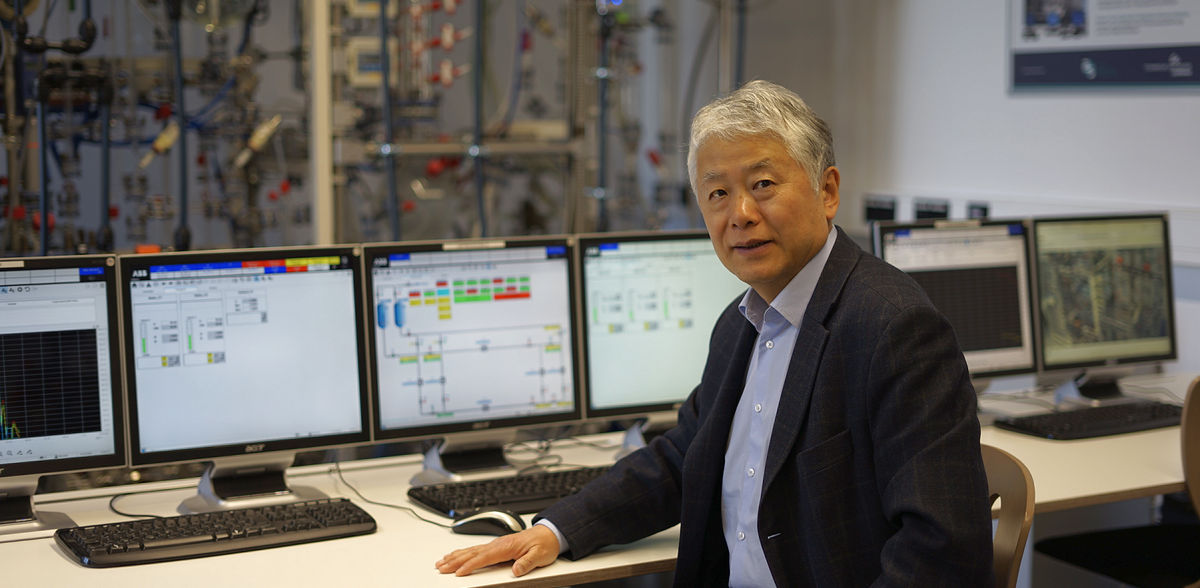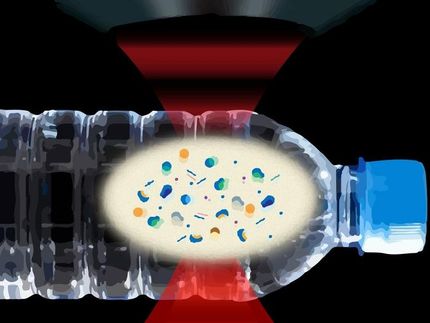Novel system automatically ensures quality of drinking water
Advertisement
In a large-scale international collaborative research project, the Technische Universität Ilmenau has developed a system for automated monitoring and quality assurance of drinking water during ongoing supply operations. The digital online monitoring system detects impurities in the water in the pipes and initiates their cleaning in an emergency. The approach of developing a model that integrates measurement and optimization has never been realized before anywhere in the world. The research project was funded by the German Federal Ministry of Education and Research with more than one million euros for three years, of which the TU Ilmenau received about 273,000 euros for its research work.
In Germany, the drinking water supply system transports large quantities of water from the respective waterworks to private households or commercial customers. But many pipes are now 60 years old or older - contamination of the drinking water cannot be ruled out. And water quality is threatened by something else as well: In recent decades, water consumption has declined while the supply network has remained unchanged in size. The drinking water stays longer in the pipes - a deterioration of its quality is the result. Comprehensive, area-wide monitoring of the entire drinking water network is urgently needed.
However, monitoring water quality in the pipeline system using conventional inspection methods is extremely time-consuming. Entire pipeline sections must be taken out of service at the same time, completely drained and, after inspection, usually flushed several times before being refilled with drinking water. This can lead to longer interruptions in the drinking water supply to entire districts. In addition, corresponding measures are expensive and cannot cover the entire pipeline system. In addition, since water samples are not taken on an area-wide basis, but only on a random basis, a possible deterioration in water quality in sections that have not been tested may not be detected quickly enough. Finally, laboratory analyses of water quality are often time-consuming, so that changes in quality are detected only at a late stage.
In the MoDiCon research project ("Online Monitoring and digital Control in Drinking Water distribution Systems") - German and Israeli partners from research and industry havehave developed a digital system for online monitoring and control of water quality in large water distribution systems. Their strategy - model development, measurement, optimization - is highly innovative: automated and in real time, water quality can be tested at any point in the pipelines. Novel sensor technologies such as light-based fluorescence measurement and cell-based flow cytometry detect bacteria and harmful dissolved organic substances directly on site and record their concentration. If the water is contaminated, the contaminated section of pipe is isolated and the optimal flushing strategy is initiated to restore water quality as quickly as possible. Valves would be opened or closed at the affected points in the pipeline network, the speed or flow rate of the water would be adjusted, and optimally dosed disinfectants would be introduced to restore drinking water quality.
The head of the MoDiCon project at TU Ilmenau, Prof. Pu Li, head of the Process Optimization Group, sees the new system as ready for the market: "I am very pleased that the German Federal Ministry of Research has suggested making a concrete 'product' out of our new technology. This would achieve our goal of always supplying consumers with high-quality and thus healthy drinking water in the future."
The MoDiCon project was coordinated by the Technische Universität Hamburg, which has extensive research experience in the field of water supply and water analysis. TU Ilmenau has proven expertise in model-based optimization, and Israel's Technion Haifa Technical University has been working for years on modeling, simulation and solute dispersion in water supply networks. Associated partners are the water supply and disposal company Hamburg Wasser and the leading manufacturer of outstanding environmental technology products bbe moldaenke GmbH.




























































